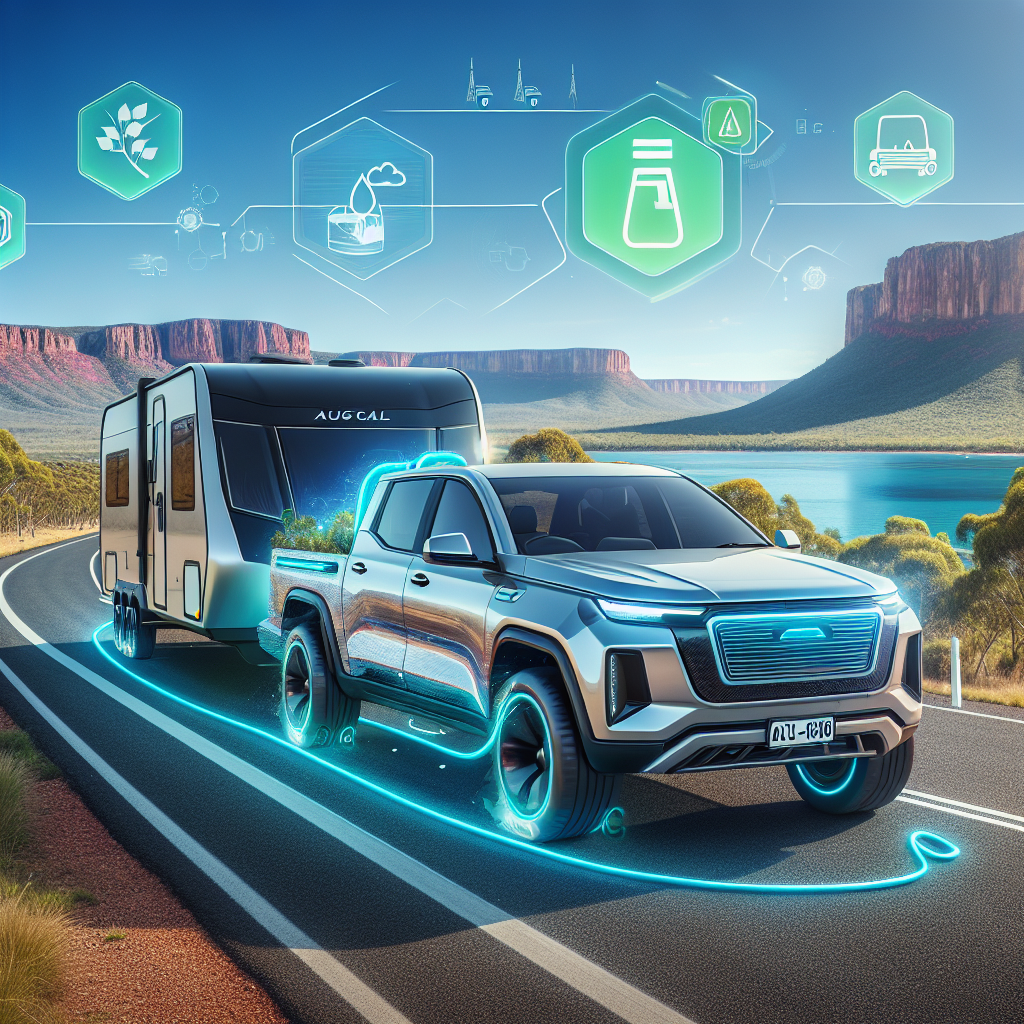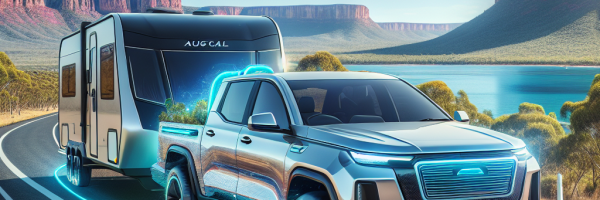
EV Overhaul Sparks Concerns in Caravan Industry Efficiency Standards
The ongoing debate surrounding electric vehicles (EVs) has now found its way into the caravan industry, raising significant concerns over the feasibility and efficiency standards of EV tow vehicles. As the Australian government targets fuel efficiency to combat climate change, the caravan industry sees a potential pitfall that could affect thousands of holidaymakers. This article delves into the key concerns and potential ramifications for caravan enthusiasts and the industry as a whole.
The Efficiency Mandate: A Double-Edged Sword?
The Australian government’s latest fuel efficiency overhaul aims to promote EVs, aligning with global trends toward reducing carbon emissions. While this initiative is undeniably crucial for environmental sustainability, it’s creating waves in sectors heavily reliant on traditional fuel-powered vehicles, particularly the caravan industry.
The mandated shift towards fuel-efficient and electric utility vehicles poses a critical question for caravan owners and manufacturers: Can electric utes meet the unique demands of towing caravans?
Range Anxiety and Towing Capacity
One of the primary concerns for caravan owners is range anxiety. Current EV technology offers limited range, which can be significantly reduced when towing a heavy load. Traditional diesel-powered utes have long been the go-to for caravan owners due to their durability and extended range capabilities.
- EV utes may struggle to deliver the same range when towing a caravan, potentially affecting long-distance travel plans.
- The availability of charging infrastructure in remote or rural areas, where caravan trips often lead, is still a pressing concern.
- Limited charging options could result in increased downtime during trips, compromising the convenience that caravan holidays are known for.
Cost Implications
Another major concern is the cost factor. EV utes generally come with a higher price tag compared to their fossil-fuel counterparts. The cost of transitioning to an EV – while potentially balanced out through savings on fuel and maintenance – may still present a significant financial hurdle for many caravan enthusiasts.
- Higher upfront costs for purchasing EV utes could deter potential buyers who are used to more affordable diesel options.
- The cost of retrofitting existing caravans to be compatible with EV towing requirements also adds a financial burden.
Industry Perspective: Manufacturers Speak Out
The caravan manufacturing sector, which is already dealing with the economic implications of global supply chain disruptions, views the new fuel standards as another potential obstacle. Key industry figures have voiced their concerns about the ramifications of mandatory EV adoption.
Manufacturing Adjustments
Caravan manufacturers will need to adapt to new standards, which could involve:
- Redesigning caravans to be lighter and more aerodynamically efficient to match EV towing capabilities.
- Investing in research and development to innovate solutions that accommodate the limitations of EV range and power.
These adjustments may necessitate significant time and financial resources, creating a strain on the sector.
Employment Concerns
The shift could also impact employment within the industry. If the demand for new electric-compatible caravans falls due to the outlined challenges, job cuts may follow.
- Reduced sales could lead to a downturn in manufacturing jobs.
- The potential need for new skills in EV technology could see older employees displaced.
Finding a Path Forward: Balancing Efficiency and Practicality
While the shift towards sustainable energy sources is non-negotiable in the fight against climate change, the caravan industry presents a unique challenge that requires tailored solutions.
Innovative Solutions
Technological advancements are crucial in making the transition more seamless. Potential innovations could include:
- Development of high-capacity batteries that cater specifically to the needs of towing vehicles.
- Investment in rapid charging technology, especially in rural and semi-rural areas frequented by caravans.
- Collaborative efforts between governments, manufacturers, and the private sector to establish a robust charging infrastructure.
Policy Considerations
Governmental policies could play a pivotal role in easing the transition. Potential measures include:
- Subsidies or tax incentives for consumers purchasing EV utes designed for towing.
- Funding for the caravan industry to support innovative redesigns and technological upgrades.
- Implementing phased regulations to allow time for the industry and consumers to adapt.
Conclusion: Navigating the Road Ahead
As Australia treads the path towards a greener future, balancing fuel efficiency mandates with the practical needs of specific industries like the caravan sector is crucial. The caravan industry’s concerns underscore the importance of a nuanced approach that considers both environmental goals and the unique requirements of holidaymakers.
The road ahead may be challenging, but with strategic planning, innovation, and collaborative effort, it’s possible to achieve a harmonious balance between sustainability and functionality in the caravan industry. As this sector adapts to new efficiency standards, the ultimate goal remains to continue providing memorable holiday experiences without compromising on environmental responsibilities.



